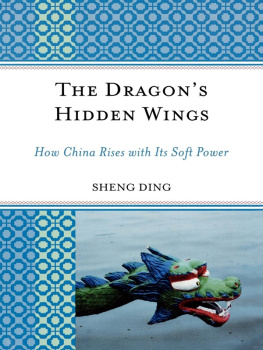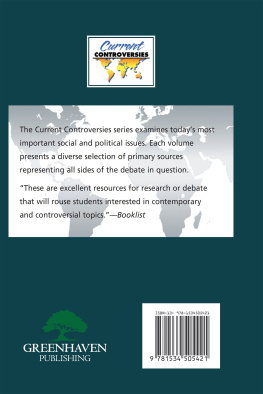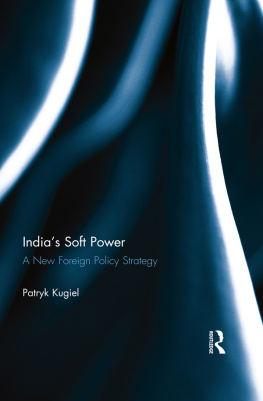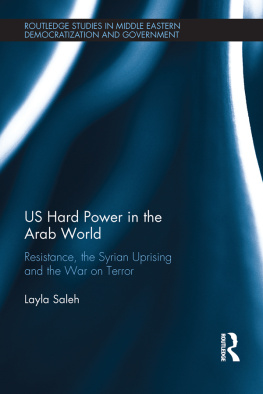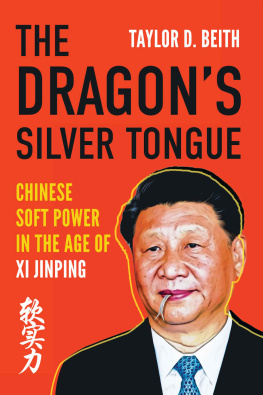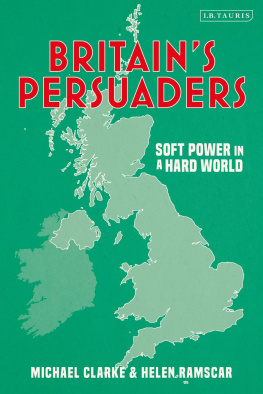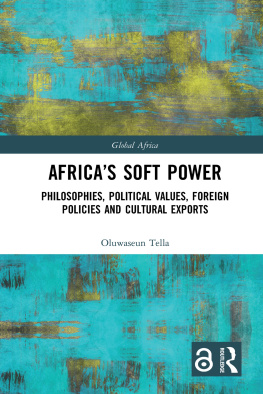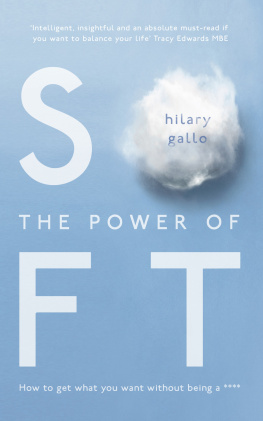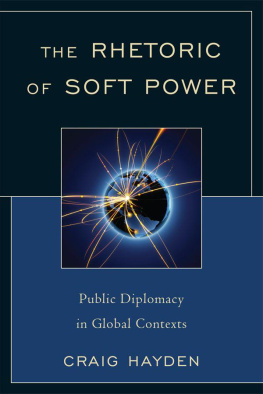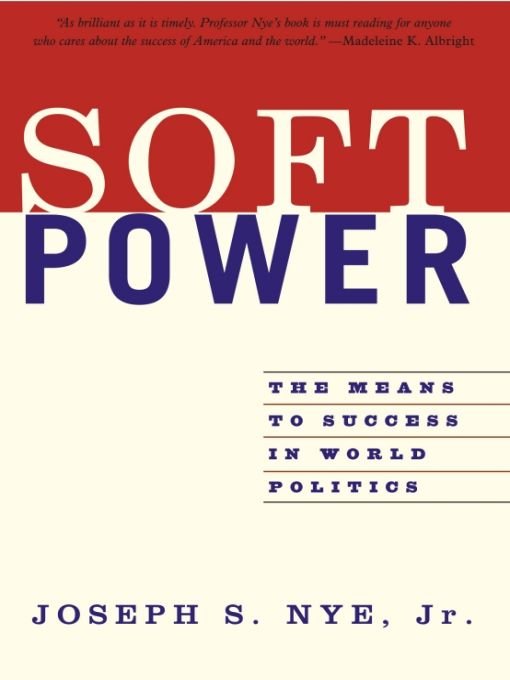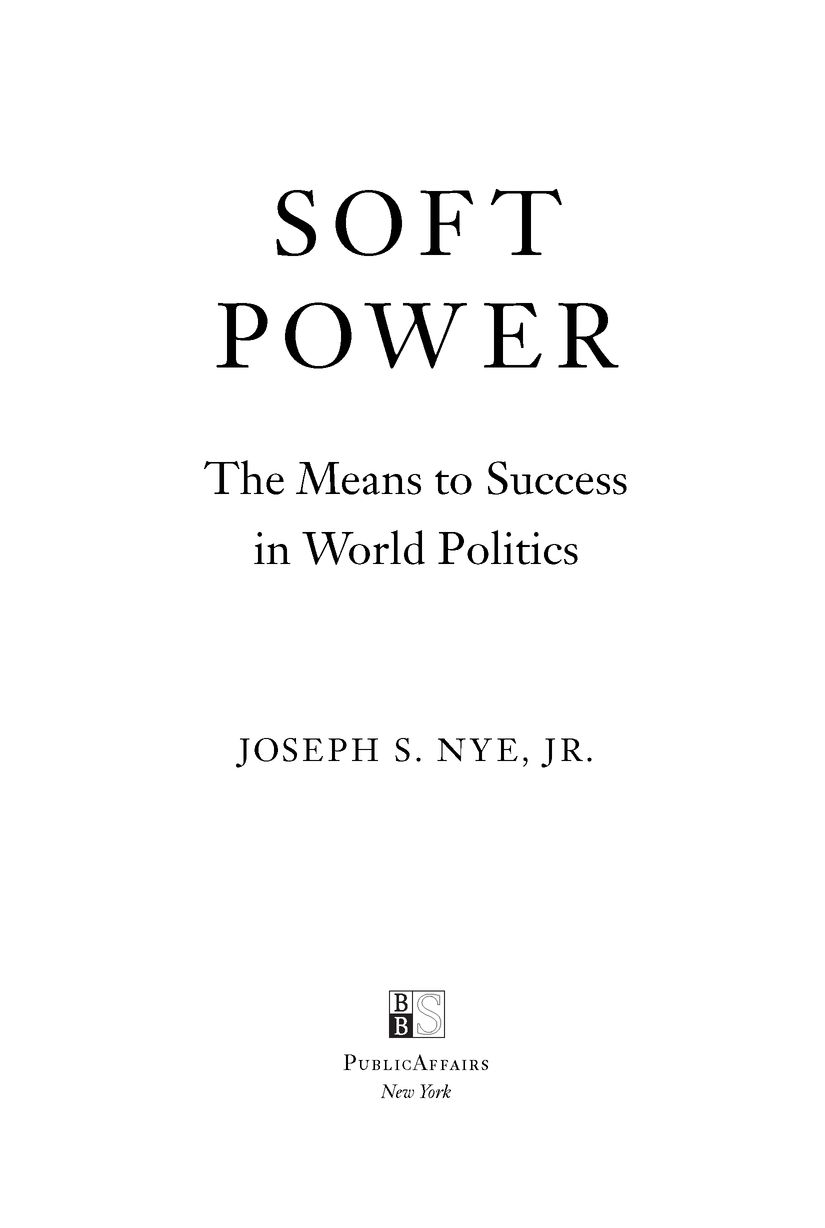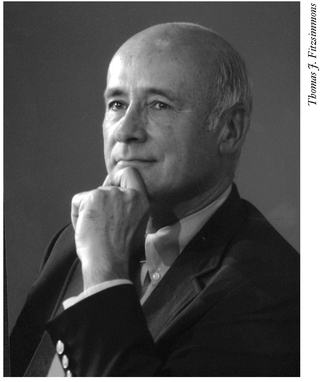Table of Contents
JOSEPH S. NYE JR., former dean of the Kennedy School of Government at Harvard University, was Chairman of the National Intelligence Council and an Assistant Secretary of Defense in the Clinton administration. He is the author of several works of nonfiction, including The Paradox of American Power and Bound to Lead as well as one novel, The Power Game.
ALSO BY JOSEPH S . NYE, JR.
The Paradox of American Power:
Why the Worlds Only Super Power Cant Go It Alone (2002)
Understanding International Conflicts:
An Introduction to Theory and History, 4th ed. (2002)
Bound to Lead: The Changing Nature of American Power (1990)
Nuclear Ethics (1986)
Hawks, Doves and Owls: An Agenda for Avoiding Nuclear War, coauthored with Graham Allison and Albert Carnesale (1985)
Power and Interdependence: World Politics in Transition,
coauthored with Robert O. Keohane (1977;
3rd ed. with additional material, 2000)
Peace in Parts: Integration and Conflict
in Regional Organization (1971)
Pan Africanism and East African Integration (1965)
For my mother, Else,
and my sisters, Deb, Naut, and Ellie
Preface
IN 2003, I was sitting in the audience at the World Economic Forum in Davos, Switzerland, when George Carey, former Archbishop of Canterbury, asked Secretary of State Colin Powell why the United States seemed to focus only on its hard power rather than its soft power. I was interested in the question because I had coined the term soft power a decade or so earlier. Secretary Powell correctly replied that the United States needed hard power to win World War II, but he continued, And what followed immediately after hard power? Did the United States ask for dominion over a single nation in Europe? No. Soft power came in the Marshall Plan.... We did the same thing in Japan.
That is part of our problem. Some of our leaders do not understand the crucial importance of soft power in our reordered postSeptember 11 world. As former House Speaker Newt Gingrich observed about the Bush administrations approach in Iraq, The real key is not how many enemy do I kill. The real key is how many allies do I grow. And that is a very important metric that they just dont get. He is correct up to a point, and as a former assistant secretary of defense, I would be the last person to deny the importance of maintaining our military strength. As Osama bin Laden observed, people like a strong horse. But power comes in many guises, and soft power is not weakness. It is a form of power, and the failure to incorporate it in our national strategy is a serious mistake.
What is soft power? It is the ability to get what you want through attraction rather than coercion or payments. It arises from the attractiveness of a countrys culture, political ideals, and policies. When our policies are seen as legitimate in the eyes of others, our soft power is enhanced. America has long had a great deal of soft power. Think of the impact of Franklin Roosevelts Four Freedoms in Europe at the end of World War II; of young people behind the Iron Curtain listening to American music and news on Radio Free Europe; of Chinese students symbolizing their protests in Tiananmen Square by creating a replica of the Statue of Liberty; of newly liberated Afghans in 2001 asking for a copy of the Bill of Rights; of young Iranians today surreptitiously watching banned American videos and satellite television broadcasts in the privacy of their homes. These are all examples of Americas soft power. When you can get others to admire your ideals and to want what you want, you do not have to spend as much on sticks and carrots to move them in your direction. Seduction is always more effective than coercion, and many values like democracy, human rights, and individual opportunities are deeply seductive. As General Wesley Clark put it, soft power gave us an influence far beyond the hard edge of traditional balance-of-power politics. But attraction can turn to repulsion if we act in an arrogant manner and destroy the real message of our deeper values.
The United States may be more powerful than any other polity since the Roman Empire, but like Rome, America is neither invincible nor invulnerable. Rome did not succumb to the rise of another empire, but to the onslaught of waves of barbarians. Modern high-tech terrorists are the new barbarians. As the world wends its way deeper into a struggle with terrorism, it becomes increasingly apparent that many factors lie outside American control. The United States cannot alone hunt down every suspected Al Qaeda leader hiding in remote regions of the globe. Nor can it launch a war whenever it wishes without alienating other countries and losing the cooperation it needs for winning the peace.
The four-week war in Iraq in the spring of 2003 was a dazzling display of Americas hard military power that removed a tyrant, but it did not resolve our vulnerability to terrorism. It was also costly in terms of our soft powerour ability to attract others to our side. In the aftermath of the war, polling by the Pew Research Center showed a dramatic decline in the popularity of the United States compared to a year earlier, even in countries like Spain and Italy, whose governments had provided support for the war effort, and Americas standing plummeted in Islamic countries from Morocco to Turkey to Southeast Asia. Yet the United States will need the help of such countries in the long term to track the flow of terrorists, tainted money, and dangerous weapons. In the words of the Financial Times, To win the peace, therefore, the US will have to show as much skill in exercising soft power as it has in using hard power to win the war.
I first developed the concept of soft power in Bound to Lead, a book I published in 1990 that disputed the then-prevalent view that America was in decline. I pointed out that the United States was the strongest nation not only in military and economic power, but also in a third dimension that I called soft power. In the ensuing years, I have been pleased to see the concept enter the public discourse, used by the American secretary of state, the British foreign minister, political leaders, and editorial writers as well as academics around the world. At the same time, however, some have misunderstood it, misused and trivialized it as merely the influence of Coca-Cola, Hollywood, blue jeans, and money. Even more frustrating has been to watch some policy makers ignore the importance of our soft power and make us all pay the price by unnecessarily squandering it.
I returned to soft power in 2001 while writing The Paradox of American Power, a book that cautioned against triumphalism, the opposite error from the declinism I had warned against in 1990. I spent a dozen or so pages on soft power, but it was only a small part of a broader argument about multilateralism and foreign policy. Friends and critics urged that if I wanted the term to be properly understood and used in foreign policy, I needed to explore and develop it more fully, and that is the purpose of this book.


